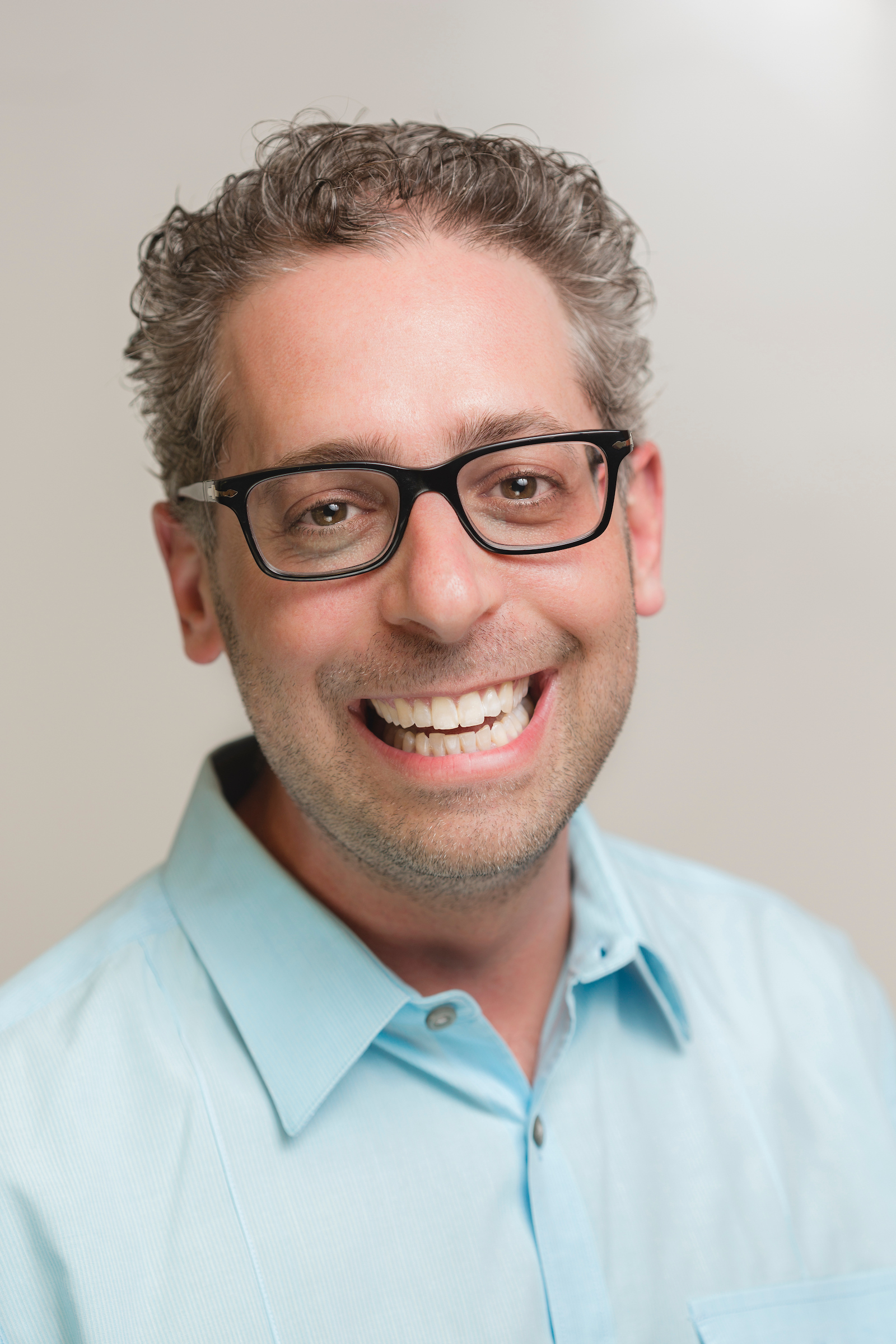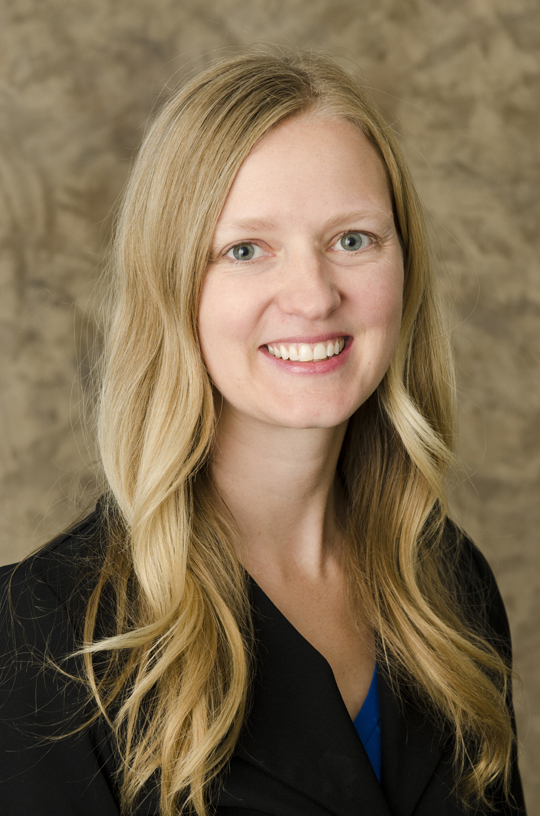Category: Treatment - CBT
Symposium 66 - CBT intervention techniques for boosting positivity in anxiety and depression: What do the data say about the power of positive thinking?
Level of Familiarity: All
Recommended Readings: Moscovitch, D. A., Moscovitch, M., & Sheldon, S. (2023). Neurocognitive Model of Schema-Congruent and -Incongruent Learning in Clinical Disorders: Application to Social Anxiety and Beyond. Perspectives on Psychological Science, 0(0). https://doi.org/10.1177/17456916221141351, Cohen, L., & Huppert, J. D. (2018). Positive emotions and social anxiety: The unique role of pride. Cognitive Therapy and Research, 42(4), 524–538. https://doi.org/10.1007/s10608-018-9900-2, Romano, M., Hudd, T., Huppert, J.D., Reimer, S.G., & Moscovitch, D.A. (2021). Imagery rescripting of painful memories in social anxiety disorder: A qualitative analysis of needs fulfillment and memory updating. Cognitive Therapy and Research, 45, 902-917. https://doi.org/10.1007/s10608-020-10149-6, Taylor C.T., Lyubomirsky S., & Stein M.B. (2017). Upregulating the positive affect system in anxiety and depression: Outcomes of a positive activity intervention. Depression and Anxiety, 34(3), 267–280. https://doi.org/10.1002/da.22593, McDermott T., Tsuchiyagaito A., Mayeli A., Bodurka, J., Paulus, M., & Aupperle R. (2020). Feasibility of a novel real-time fMRI neurofeedback protocol for enhancing prefrontal cortex engagement curing emotional cognitive control Biological Psychiatry. 87: S174. https://doi.org/10.1016/J.Biopsych.2020.02.459
-

David Moscovitch, Ph.D. (he/him/his)
Professor of Psychology
University of Waterloo
Waterloo, Ontario, Canada -
LA
Lynn Alden, Ph.D. (she/her/hers)
Professor
The University of British Columbia
Vancouver, British Columbia, Canada -

David Moscovitch, Ph.D. (he/him/his)
Professor of Psychology
University of Waterloo
Waterloo, Ontario, Canada -
CP
Carly Parsons, M.A. (she/her/hers)
The University of British Columbia
Vancouver, British Columbia, Canada -
JH
Jonathan Huppert, Ph.D.
Professor
The Hebrew University of Jerusalem
Jerusalem, Yerushalayim, Israel -

Robin Aupperle, Ph.D. (she/her/hers)
Associate Professor
Laureate Institute for Brain Research
Tulsa, Oklahoma -
CT
Charles Taylor, Ph.D. (he/him/his)
Associate Professor
University of California, San Diego
San Diego, California
Chair(s)
Discussant(s)
Presenter(s)
Anxiety and depression are the most common mental health problems worldwide, impairing people’s lives across multiple domains and overburdening the healthcare system and economy. Although CBT is an effective first-line treatment for emotional disorders, many patients fail to achieve high end state functioning, suggesting a critical need for mechanism-driven treatment innovations. CBT experts have long prioritized interventions that target maladaptive cognitions and reduce distress rather than those designed to boost positivity and improve the “power of positive thinking.” However, a noticeable shift in recent years has coincided with the emergence of new data challenging the traditional CBT approach. As we gather in Seattle under the banner of “cultivating joy with CBT,” we heed the call to embrace new efforts to develop specialized interventions for anhedonia and other positivity deficits commonly observed in patients with emotional disorders. The current symposium brings together innovative new research on this topic from leading clinical scientists across the globe. First, Dr. David Moscovitch and his team at the University of Waterloo will present new research on the use of intentional positive autobiographical memory retrieval for building resilience to social stress in a large, culturally diverse sample of undergraduates with high trait social anxiety. Next, UBC graduate student Carly Parsons will share results of a novel study examining the effects of recalling memories of personal accomplishments on feelings of pride in a large, ethnically diverse sample of community participants. Subsequently, Dr. Jonathan Huppert and his team at the Hebrew University of Jerusalem will describe the effects of imagery rescripting (IR) on positive emotions in a large Israeli (predominantly White) sample of high trait anxious participants who were randomized to rescript a negative event by imagining either themselves or an agent intervening in the memory scene. Dr. Robin Aupperle and colleagues at the Laureate Institute for Brain Research will then outline two functional MRI studies providing new evidence in support of neurofeedback techniques that activate the ventromedial prefrontal cortex to enhance the vividness of imagined positive events in carefully selected clinical samples of individuals with marjor depressive disorder and active suicidality. Our fifth and final presenter, Dr. Charlie Taylor at UCSD will share new data demonstrating that culturally diverse patients with anxiety and depression experience significant improvements in loneliness and interpersonal functioning when they are administered an innovative CBT protocol designed specifically to boost positive affect. Finally, in her role as discussant, Dr. Lynn Alden (UBC) will offer key insights from her unique vantage point as a scientist-practitioner who has long integrated evidence-based relational methods into CBT protocols to boost clinical outcomes for patients with emotional disorders and has published extensively on the role of culture in moderating the expression and treatment of clinical anxiety.
Learning Objectives:
- Identify specific techniques for boosting positivity in anxiety and depression.
- Describe what the data say about the value of boosting the power of positive thinking in CBT for anxiety and depression.
- Explain how to adapt CBT interventions to target positivity deficits and improve clinical outcomes for anxiety and depression.
- Describe the roles of imagery, memory, and prospection in the psychopathology and treatment of anxiety and depression.
- Assess the importance of positive emotions in the psychopathology and treatment of anxiety and depression.

